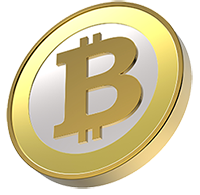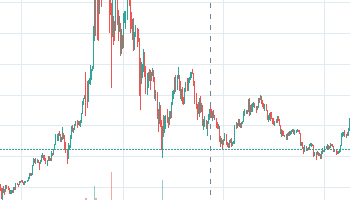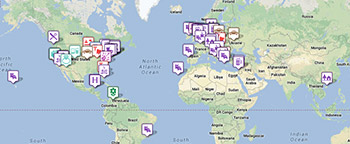Whether you understand it, believe in it or have somehow missed it entirely, blockchain technology becomes more commonplace with each passing day. From banking services to charity initiatives, blockchain is set to change the world. It brings with it the promise of more secure data, transparent information and cheaper transactions. So, what is blockchain, and how is it helping the world?
Blockchain: A crash course
There’s a plethora of in-depth guides diving into blockchain technology. As with moist technologies, it’s complex and involves a lot of intricacies, however, to understand it, you only need to know the basics.
The blockchain isn’t owned or controlled by any one body, rather it’s a decentralised, distributed network. Information is stored across the entire network which is made up of computers all around the world. This means no one person can take it down, corrupt it or destroy it.
This network of computers verifies, records and links an endless stream of transactions. Any one can access the blockchain to view transactions, however, personal information is protected through cryptography. So how does this technology help the world today and in the future?
Banking and monetary transactions
One of the most well documented uses for blockchain is transactions of value. Made famous by Bitcoin, cryptocurrencies have become a force to be reckoned with. While still extremely volatile, Bitcoins value has remained around $10,000USD pretty consistently through 2019.
The blockchain technology allows for cheap, efficient transactions around the world. The biggest draws for banks implementing blockchain however is its transparency and security features. Because the blockchain is publicly accessible, it’s harder for organisations and individuals to commit fraud and corruption.
Unified Communications
Because of the decentralised, distributed nature of the blockchain, communication is much more efficient, secure and reliable. Data can be recorded and sent with unmatched accuracy. This makes blockchain extremely valuable for logistics-based companies, especially those who are aiming to deliver on promises such as fair trade. With blockchain, the whole supply chain can be monitored and recorded so both senders and receivers can be sure of a products quality.
For example, The United Nations World Food Programme has recently used blockchain technology, in conjunction with Devery and Five2one to track and safely deliver food to Tunisian school children.
Cybersecurity
As our society becomes more and more dependent on technology, the importance of cybersecurity also rises. Data is one of the worlds most valuable commodities, so businesses are increasingly concerned with protecting and securing their data.
Data that is verified and encrypted on the blockchain with cryptography is resistant to hacks and unauthorised changes.
The Internet of Things
Today, many of the things we own are connected to the internet, and to each other. Our phones, cars, home security systems and even kitchen appliances are connected to the internet to allow us to better control them and make our lives easier.
Unfortunately, at the moment most of these devices are connected to a centralised server which makes them very vulnerable to hackers. This is obviously a huge problem when you’re talking about things like cars and home security. With the decentralisation and encryption of information on the blockchain, your devices will be much harder to hack.
Government Voting
There’s no doubt that government bureaucracy and voting systems are under question around the world. Blockchain systems have the capability to increase transparency and efficiency when it comes to governments. Today, some governments have already begun implementing blockchain in an attempt to improve their voting systems and funding initiatives.
Healthcare
The storage of sensitive patient data has long been an issue in the healthcare sector. Have you ever wondered why your doctor’s still fax your information for referrals? This is because storing your data in a centralised location is extremely risky due to hackers.
Blockchain can allow doctors, hospitals and specialists to create a platform where patient information can be stored and shared securely, accessed only by those authorised to do so. This can make a huge impact on the efficiency of treating patients over their entire lifetime.
Blockchain is so much more than bitcoin. The technology has the potential to reshape industries and how we think about value transactions. As more and more companies begin to implement this technology, the lay man and consumers will gradually become familiar with seeing and interacting with blockchain.


 Updated every 10 minutes
Updated every 10 minutes


